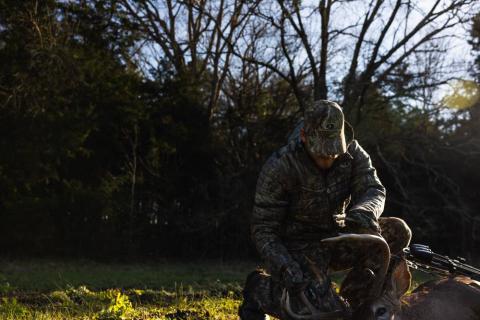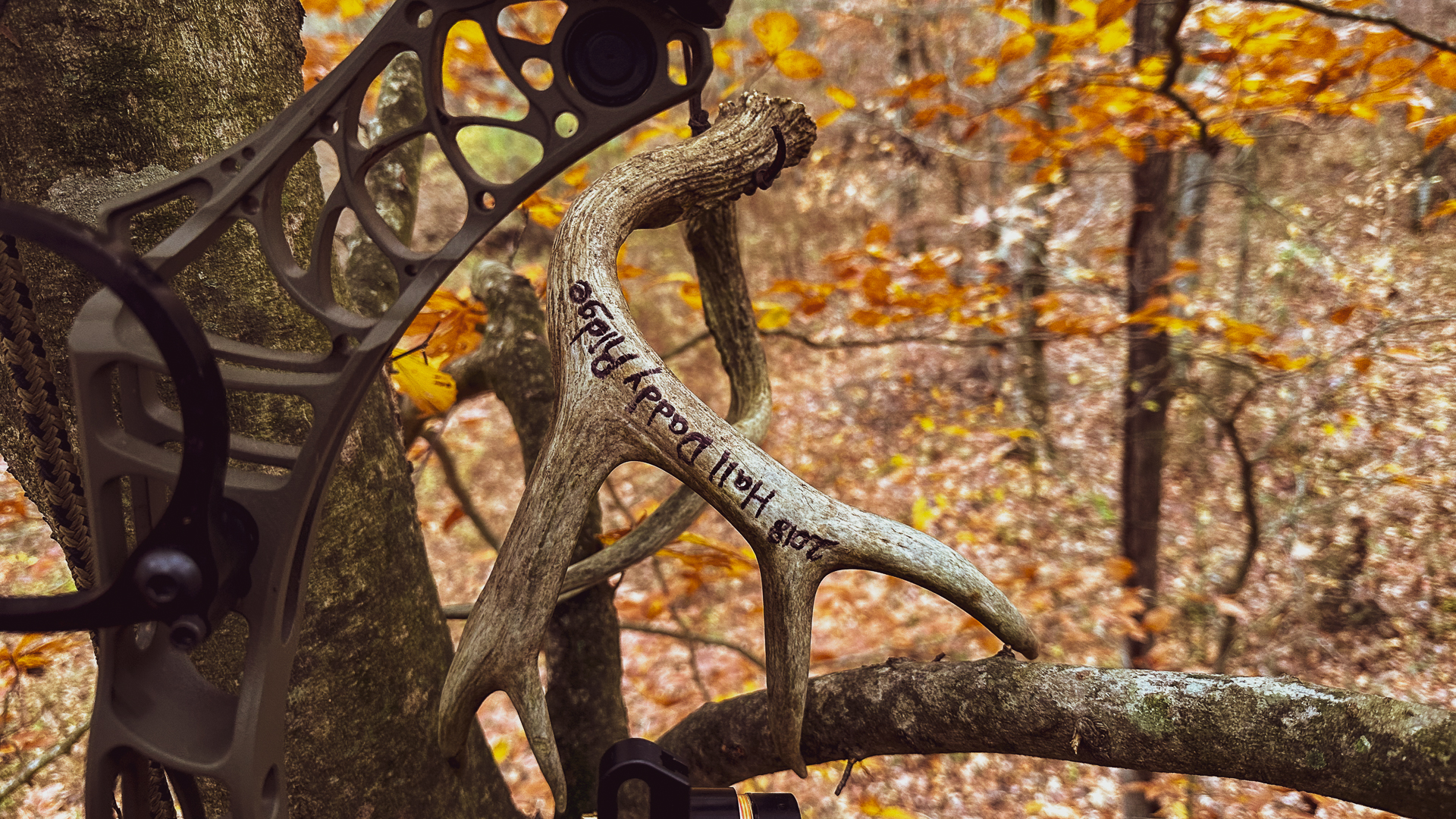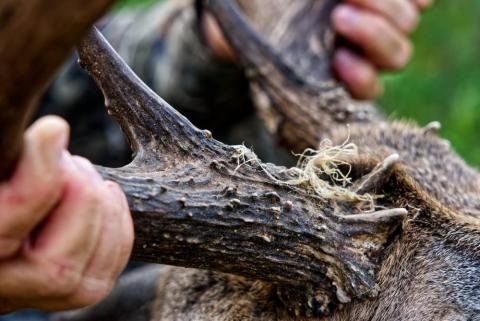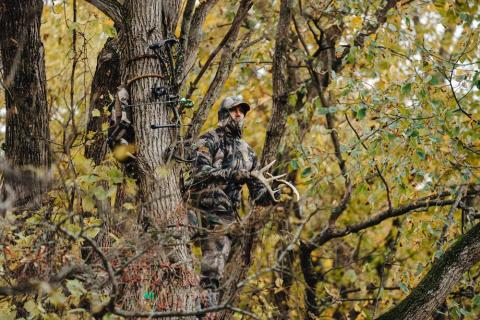By Heath Wood
As the snow blankets the landscape and big game seasons wind down, many hunters overlook the thrill and challenge of pursuing small game during the winter months. Hunting rabbits, squirrels, and upland birds in this stark, quiet season is rewarding and an excellent way to hone skills and stay active outdoors.
As a teenager, a good friend of mine and his father were avid rabbit hunters. For years, they had well-trained beagles that would create some of the most exciting rabbit races a hunter could ever experience. In the winter, my weekends consisted of traveling with my friend and his father to hunt and listen to their dog’s work. While on a hunt in a brushy river bottom in southern Missouri, I remember being amazed and in awe when a rabbit came sprinting down a brushy trail, only to be rolled to a stop by my buddy making an incredible shot with his .22 LR handgun. I had a hard time with my rifle, and here he was, making a small handgun look effortless. The unique challenge of hitting a smaller target is one of many thrills that have me enjoying small game hunting some twenty-five years later.
The Excitement of Winter Small Game Hunting

Winter transforms the woods into a peaceful, pristine arena where every movement becomes more deliberate and every sound more pronounced. Some of the best hunting moments often come when friends and family pause mid-hunt to enjoy a piping hot cup of black coffee. A fast warm-up of your body and the remarkable small talk with fellow hunters are times that I cherish with all my heart and soul. Besides making memories, small game hunting during the winter months offers a fast-paced action that sharpens reflexes and hones marksmanship. A rabbit darting through a snowy thicket, squirrels scampering among frosty branches, or upland birds bursting from cover all provide unique challenges that create a memorable time outdoors. However, they are also a great way to keep your skills sharp after deer hunting seasons have ended, yet you still want to spend time outdoors.
Additionally, small game are often plentiful, making hunting accessible and family-friendly wherever you travel. Whether you hunt to stock the freezer, improve your skills, or enjoy the winter wilderness, small game hunting provides a great way to experience Mother Nature like no other.
Advantages Of Hunting In The Snow
To some, when a snowfall blankets the ground, it means lots of time indoors, snuggled around the fire, bored out of their mind. Yet, for hunters, snow-covered ground reveals the hidden hideaways of small game animals. Fresh tracks, droppings, and disturbed vegetation can guide hunters directly to active areas. When tracking rabbits, look for their distinctive oval paw prints leading to dense cover like briar patches or fallen logs. Whether hunting with dogs or on your own, understanding where the game has retreated to hide can guide you to the perfect spot to flush it out and test your shooting skills on a fast-moving target as it bursts from cover. As for squirrel hunters, they, too, can benefit from snow. Squirrels leave smaller prints, often accompanied by claw marks on tree trunks where they’ve climbed. These indicators can lead the hunter to the tree where a squirrel hides. Throw a stick on the tree's opposite side, then wait for the squirrel to come to your side for the shot.
Upland birds such as pheasants or grouse leave depressions in the snow where they’ve roosted and scattered feathers, signaling recent activity. Snow not only aids in tracking but also forces animals into predictable patterns. This is good for hunters, as the birds don’t like to move much in the snow, making them easier to find and flush to make the shot.
Choosing the Best Calibers and Shot Sizes

The right firearm and ammunition are crucial for small-game hunting success. Well-skilled hunters like my friend can get away with more challenging weapon choices, like a pistol. Yet, most are like me and want whatever will provide the best chance of making a successful shot.
- Rabbits and Squirrels: A .22 LR is a popular choice for its accuracy and low cost, ideal for clean headshots that preserve meat. Those who want a better advantage can use a shotgun. Use #6 or #7.5 shot for an effective spread without excessive damage to the game.
- Upland Birds: A 20-gauge or 12-gauge shotgun loaded with #6 or #7.5 shot provides the right balance of spread and power to take down birds in flight.
How Small Game Hunting Sharpens Your Skills
Winter small game hunting isn’t just fun—it’s excellent practice for the upcoming seasons. The need for quick, accurate shots on moving targets improves reflexes and aim. Stalking through snow-covered terrain hones stealth and patience, skills that translate seamlessly to deer or turkey hunting.
Furthermore, identifying tracks, interpreting animal behavior, and choosing strategic positions help refine your ability to read the land and improve your woodsmanship, a critical skill for any hunter. Winter small-game hunting brings unique rewards and challenges that often go unnoticed. It’s an opportunity to extend your hunting season, connect with nature in its quietest moments, and improve your skills for the future.
Read More: The Squirrel Hunting Revival






























